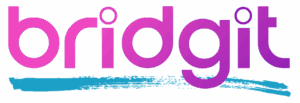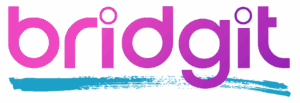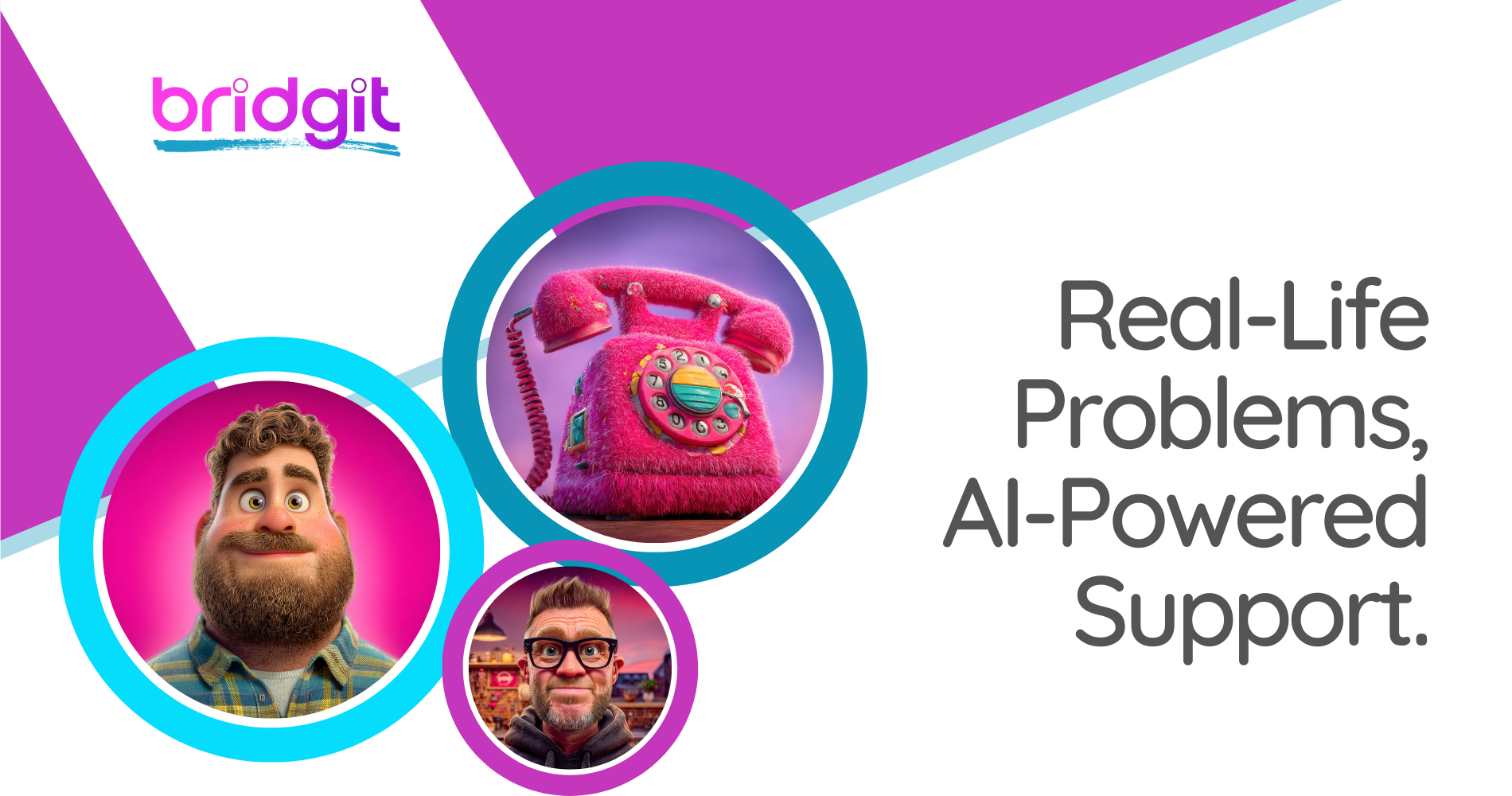How Lived Experience Is Shaping the Future of Support Across the West Midlands
We’re working with the West Midlands ADASS (WMADASS) group and a team of people with real lived experience to open the door to practical AI support across the region. The idea was simple: bring together people who already use AI tools every day to make their lives easier — and turn that experience into something everyone can benefit from.
Across the West Midlands, people are already using tools like Alexa for mobility support, ChatGPT to draft letters to doctors or social workers, smart apps to help manage overwhelm, and voice assistants to organise daily routines. These small, everyday hacks are powerful, but not always easy to discover. Information is scattered, solutions vary, and most people don’t know where to start.
So we set out to build something that captures all that lived experience, all those real-life solutions, and makes them instantly accessible to anyone who needs them. That’s where the AI Playbook began — a guide created by people who use these tools, for people who want to learn how AI can help in their own lives.
But we didn’t stop there.
Once the Playbook was created, we realised the same knowledge could be brought to life in a more personal, more human way: by recreating each of our contributors as an AI voice coach people can speak to directly.
Because while lived-experience support is incredibly valuable, the reality is that people have jobs, families, challenges and limited time. They can’t be everywhere at once. That’s why the idea of an always-available AI voice coach made sense — a digital version of each lived-experience expert, ready to share their stories, ideas, and practical AI solutions any time someone needs help.
Meet the Five AI Coaches Built From Real Lived Experience
Each coach is modelled on a real person from our lived-experience team. Each one supports a different area where people across the UK are struggling with day-to-day challenges:
Caring Keymn – supports unpaid carers managing letters, appointments, assessments, routines, and emotional overwhelm.
Mobility Reshma – helps people with mobility challenges, chronic pain, fatigue, and accessibility needs including step-free routes and smart home setups.
Neuro Kieran – supports autistic, ADHD, and dyslexic users with task breakdown, scripts for communication, overwhelm management, and planning.
Vision Darren – helps people with sight loss through text-to-audio, document summaries, image descriptions, and safe route planning.
Wellbeing Pete – offers non-clinical emotional wellbeing support including journalling prompts, grounding strategies, and gentle routines.

The coaches don’t replace professionals — they simply make tools, ideas, stories and solutions easier to find.
How the Coaches Work
Every coach follows the same process:
The user shares what they’re struggling with — letters, organisation, mobility, routines, communication, or anything else causing daily stress.
The AI coach shares lived-experience stories — how they solved similar problems using AI in their own life.
The coach recommends clear, practical AI tools the user can try immediately.
Such as:Using ChatGPT to rewrite confusing letters into clear English
Using Alexa for medication reminders or morning routines
Using Google Maps for step-free route planning
Using Goblin Tools to break tasks into tiny steps
Using OCR apps to read documents aloud
Using timers, scripts, voice notes, or smart planning tools
The answers are already out there — but they’re hard to find. The coaches simply make them easier.

What’s Inside the ‘Library of Ideas’
At the heart of each coach is a shared “Library of Ideas” — a structured set of examples, tools, safety guidelines, and real-life stories. This ensures all support is:
- practical
- safe
- grounded in lived
- experience
- aligned with the ADASS AI Playbook
- consistent across every coach
The Library includes:
Clear “good use of AI” rules for each coach
10 real-world challenges for every disability group
Three safe, practical AI solutions for each challenge
Tools like Alexa, OCR apps, Goblin Tools, route planners, and voice assistants
A UK-wide priority table showing where future AI coaches could make the biggest impact
This means every coach not only brings personality and lived experience, but also shares reliable, trusted, accessible advice based on national guidance.
What’s Coming Next
Using UK statistics, we’ve identified several high-need areas that could benefit from future AI coaches — including hearing loss, long-term physical conditions, dementia, communication impairments, and ME/CFS. Our aim is to continue expanding support where it’s needed most.
Because the goal is simple:
to make AI support accessible, human, and genuinely useful for everyone who needs it.
And thanks to the lived-experience team across WMADASS, we’re already seeing what’s possible when real stories and real solutions power real support.


